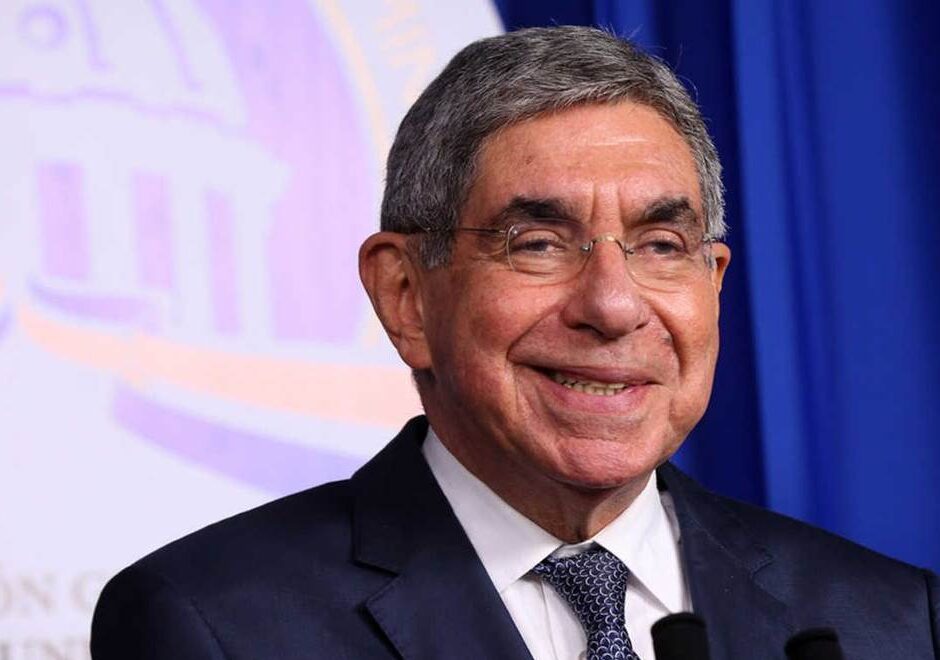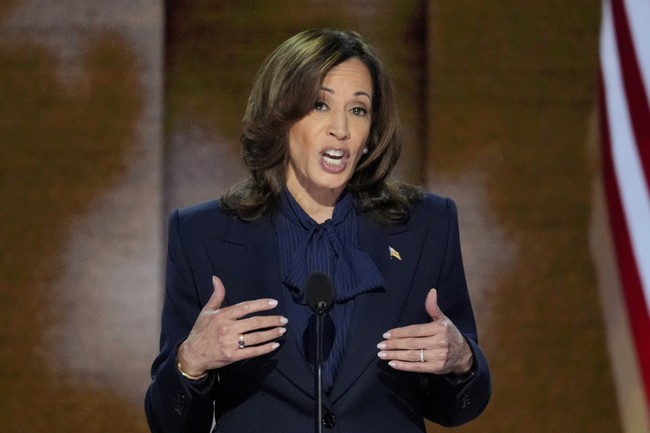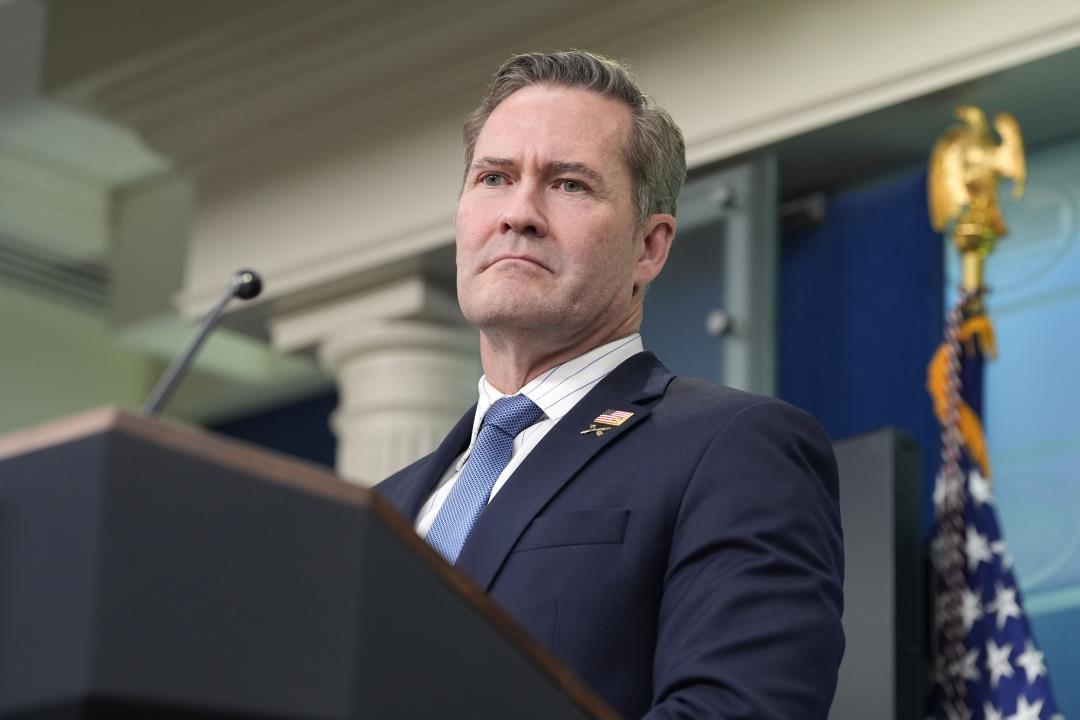Mass Mobilization in Istanbul: A Struggle for Democracy
Tensions rise in Turkey as hundreds of thousands protest the arrest of Istanbul's mayor, shedding light on the nation's deeper political conflicts and calls for democratic reform.
Published April 03, 2025 - 00:04am

Image recovered from arabnews.com
In a remarkable display of civil defiance, hundreds of thousands of demonstrators took to the streets of Istanbul in a rally against the government of President Recep Tayyip Erdogan. The protests erupted following the detention of Istanbul Mayor Ekrem Imamoglu, causing the largest mass mobilization Turkey has witnessed in over a decade. Imamoglu, a prominent member of Turkey's main opposition, the Republican People's Party (CHP), stands accused of fraud and alleged ties to terrorism, charges widely perceived as politically motivated.
The protests have been orchestrated across Istanbul, prominently featuring in Maltepe on the Asian side of the city. The demonstration, organized by CHP, drew participants from all walks of life, including students, families, and activists, and saw people carrying Turkish flags and portraits of Mustafa Kemal Ataturk, modern Turkey's revered founding father. The protests have also seen the participation of Imamoglu's family, emphasizing the widespread personal and political ramifications of his arrest.
This arrest has not only triggered a fierce backlash at home but has also drawn criticism from international observers and human rights organizations, who have condemned the government's increasingly repressive measures. The CHP has been vociferously advocating for the preservation of Turkey's democratic values, demanding justice and fair electoral processes. Leading this outcry is Özgür Özel, CHP's leader, who insists that the current administration's approach undermines the integrity of the judicial system and the fundamental principles of democracy.
The protests aren't limited to the confines of Istanbul; they have spread to other Turkish cities, reflecting widespread discontent. Nightly demonstrations at Istanbul City Hall have frequently turned confrontational, with riot police employing teargas and rubber bullets to disperse crowds. Despite these challenges, protestors have maintained a steadfast commitment to their cause, chanting slogans such as 'Rights! Law! Justice!'
Media coverage has also come under severe scrutiny. Numerous journalists, both local and foreign, have been detained, and several media outlets have faced restrictions in their operations, raising concerns about press freedom in Turkey. The crackdown highlights the broader narrative of suppression against dissent and the pivotal role of media in documenting and informing public discourse during such critical junctures.
The potential ramifications of this political turmoil extend beyond the immediate civil outrage. Economically, Turkey has faced tremors as the central bank intervened to stabilize the national currency amidst the unrest, further straining an already pressured economy. Politically, the arrest of Imamoglu, who has been projected as the CHP's candidate for the presidential election in 2028, introduces a critical dimension to the opposition's strategy against Erdogan's long-standing rule.
Furthermore, the CHP's resolve extends to broader coalitions, including other minor opposition factions and human rights advocates. They have collectively intensified efforts to campaign for early elections and amplify calls for governmental accountability and transparency. This is seen in their attempts to launch signature campaigns and boycott media outlets accused of bias toward the current administration.
The situation in Turkey remains fluid, and the outcomes of these protests may shape the political landscape for years to come. Observers and participants alike are tantalized by the potential shifts in power dynamics, as Turkey navigates through its complex political and social upheavals.







